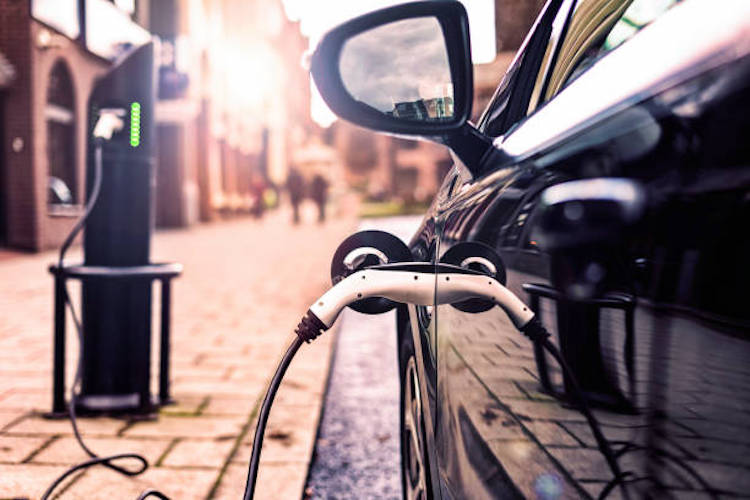
How have electric cars advanced in the past 10 years and what’s the future?
Electric cars have come a long way in the past decade, with advancements in technology making them a more viable option for everyday consumers.
From longer battery ranges to faster charging times, electric cars are becoming increasingly practical and efficient.
In this blog post, we will explore how electric cars have advanced in the past 10 years and what the future holds for this exciting industry.
Advancements in Battery Technology
One of the most significant advancements in electric cars in the past decade has been in battery technology. Lithium-ion batteries have become more efficient and less expensive, resulting in longer driving ranges for electric vehicles.
In 2011, the Nissan Leaf had a range of only 73 miles, while the Tesla Model S could go up to 265 miles on a single charge. Fast forward to 2021, and the Polestar 2, a new all-electric vehicle from Volvo’s luxury electric brand, has a range of up to 233 miles.
The Polestar 2 is a perfect example of how battery technology has improved in the past 10 years. The car has a 78 kWh battery pack, which can be charged from 0 to 80 percent in just 40 minutes using a fast-charging station.
This is a significant improvement over first-generation electric cars, which could take up to 12 hours to charge fully.
Charging Infrastructure
Another area where electric cars have advanced in the past decade is in charging infrastructure. There are now more charging stations available, making it easier for electric car owners to travel long distances. In the US, there are now over 42,000 charging stations, compared to only 3,000 in 2010.
Additionally, the charging time has significantly decreased in the past decade. For example, the Tesla Supercharger can now provide up to 170 miles of range in just 30 minutes.
This has made it possible for electric cars to be used for long road trips, making them a more practical option for consumers.
Performance and Design
Electric cars are no longer just practical vehicles; they can now also compete with gasoline-powered cars in terms of performance and design.
The Polestar 2, for example, has a 0-60 mph time of just 4.5 seconds and a top speed of 127 mph. These numbers are comparable to many high-performance gasoline-powered cars.
In terms of design, electric cars have become more attractive and modern-looking. The Polestar 2, for example, has a sleek, minimalist design, with a focus on sustainability and environmental friendliness.
The interior is made from recycled materials, and the car features sustainable and vegan interior options, such as recycled plastic bottles and cork.
The Future of Electric Cars
The future of electric cars looks bright, with even more advancements in technology on the horizon. One of the most significant areas of development is in solid-state batteries, which promise to be even more efficient and long-lasting than lithium-ion batteries.
Solid-state batteries use a solid electrolyte instead of a liquid one, which makes them safer, more efficient, and longer-lasting.
Another area of development is in autonomous driving. Electric cars are well-suited for autonomous driving, as they are easier to control and require less maintenance than gasoline-powered cars.
Companies like Tesla are already working on developing fully autonomous electric cars that could be available to consumers in the next few years.
Excellent Example
In conclusion, electric cars have come a long way in the past decade, with advancements in battery technology, charging infrastructure, performance, and design.
The Polestar 2 is an excellent example of how electric cars have improved in the past 10 years, with a longer range, faster charging times, and impressive performance. The future of electric cars looks even brighter, with advancements in solid-state batteries and autonomous driving on the horizon.
As more people adopt electric cars, we can expect to see further developments in the industry, such as improvements in affordability, increased availability of charging stations, and even more exciting design options.
Overall, the advancements in electric car technology have made them a more practical and attractive option for everyday consumers.
As we continue to prioritize sustainability and environmental friendliness, electric cars will undoubtedly play a vital role in our transition toward a more sustainable future.
